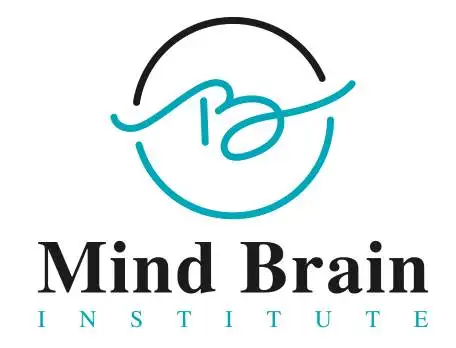
- Posted By MindBrain
- Comments 0
Ketamine, a drug historically known for its use in anesthesia and, has recently emerged as a groundbreaking treatment for certain mental health conditions, notably Obsessive-Compulsive Disorder (OCD) and depression. This post delves into the fascinating ways ketamine can alter belief structures in individuals suffering from these conditions.

The Mechanism of Ketamine
Ketamine works differently from traditional antidepressants. While most antidepressants target the brain’s serotonin system, ketamine acts on the NMDA receptors in the brain, which are part of the glutamate pathway. This action leads to the rapid production of glutamate, sparking new neural connections and providing what some describe as a “reset” for the brain. This rapid effect is in stark contrast to traditional antidepressants, which may take weeks to show results.
Impact on Depression
For those battling depression, ketamine can be a game changer. Depression often traps individuals in a cycle of negative thought patterns and beliefs. Ketamine’s ability to rapidly foster new neural connections allows patients to break free from these destructive cycles. Patients report a significant lift in mood, increased motivation, and a greater sense of hope. This isn’t just a temporary reprieve; for many, these effects are sustained over time with ongoing treatment.
Ketamine and OCD
OCD is characterized by intrusive, unwanted thoughts and repetitive behaviors. Traditional treatments focus on managing symptoms, often through a combination of therapy and medications like SSRIs (Selective Serotonin Reuptake Inhibitors). Ketamine offers a different approach. By disrupting the usual thought patterns and allowing for the creation of new neural pathways, ketamine can reduce the intensity and frequency of OCD thoughts and compulsions. This effect, while not universal, has been life-changing for some patients.
Changing Belief Structures
Both OCD and depression are deeply entwined with one’s belief structures. In depression, this might manifest as a deep-seated belief of worthlessness or hopelessness. In OCD, it could be the unshakable feeling that something terrible will happen if certain rituals aren’t performed. Ketamine’s ability to disrupt and rebuild neural pathways can lead to a shift in these beliefs. It’s as if the drug provides a new lens through which patients can view themselves and their thoughts, enabling a more positive and realistic perspective.
Safety and Considerations
While ketamine’s potential in treating mental health conditions is exciting, it’s not without its challenges. The drug can cause disassociation during treatment, and its long-term effects are still being studied. Therefore, ketamine treatment should be administered under strict medical supervision, ideally as part of a comprehensive treatment plan that includes therapy and lifestyle changes.
The Future of Ketamine Treatment
Ketamine’s emergence as a treatment for OCD and depression is a promising development in the field of mental health. Ongoing research is crucial to understand the full spectrum of its benefits and risks. As we continue to explore its potential, ketamine offers hope to those for whom traditional treatments have fallen short, potentially heralding a new era in mental health treatment.


